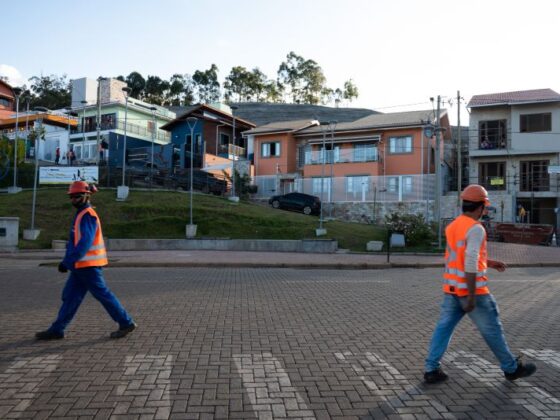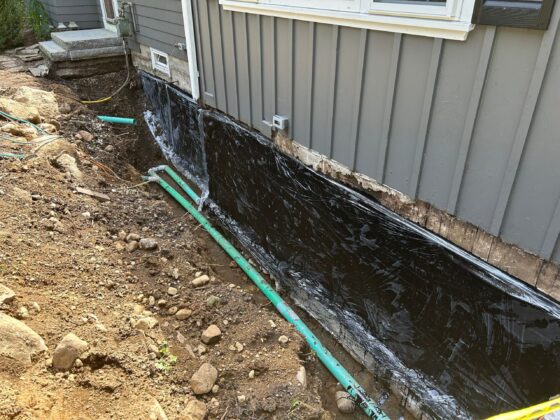Planning a long-distance move? You’re not alone in feeling overwhelmed. The prospect of uprooting your life and relocating miles away can be daunting, with a myriad of decisions itching for your attention.
From logistics and timelines to packing strategies and unforeseen hiccups, the intricacies of moving are enough to make anyone feel like their head is spinning. But beyond the chaos lies a crucial aspect that often gets brushed aside: the real cost of long-distance moving.
It’s not just about hiring a truck or packing supplies; it’s about budgeting wisely to avoid financial strain. As you embark on this journey, understanding what youre truly up against will empower you to plan effectively without sacrificing your peace of mind.
So, let’s dive into the often-hidden expenses of long-distance relocation, illuminating the path to a successful move while keeping your budget—and sanity—intact.
Hidden Costs of Long-Distance Moving
 When planning a long distance moving, it’s easy to overlook the hidden costs that can quickly accumulate and derail your budget. Beyond the obvious expenses like hiring movers or renting trucks, consider the myriad of fees that may lurk in the shadows.
When planning a long distance moving, it’s easy to overlook the hidden costs that can quickly accumulate and derail your budget. Beyond the obvious expenses like hiring movers or renting trucks, consider the myriad of fees that may lurk in the shadows.
Fuel surcharges can add up disproportionately if you’re traveling a significant distance, while unexpected costs such as tolls and lodging for overnight stays can sneak into your calculations. Additionally, packing materials, insurance for your belongings, and even the emotional toll of being away from your familiar surroundings can weigh heavily on your wallet and psyche alike.
More so, don’t neglect the potential costs associated with setting up utilities and internet in your new home, which can also come with their own set of surprise fees. In the whirlwind of moving, it’s crucial to cast a wide net over your budget to ensure you’re not left reeling from the consequences of these often-ignored expenses.
Exploring Unexpected Expenses You Might Overlook
 When planning your budget for a long-distance move, its easy to fixate on major expenses like truck rentals and fuel costs, but it’s the unexpected expenses that can truly catch you off guard. Consider the myriad of smaller fees that may not immediately come to mind: packing supplies, from boxes and tape to bubble wrap, can quickly add up, especially if you’re aiming to protect cherished items.
When planning your budget for a long-distance move, its easy to fixate on major expenses like truck rentals and fuel costs, but it’s the unexpected expenses that can truly catch you off guard. Consider the myriad of smaller fees that may not immediately come to mind: packing supplies, from boxes and tape to bubble wrap, can quickly add up, especially if you’re aiming to protect cherished items.
Moreover, if you have pets or children, their care and transportation can entail additional costs that often slip through the cracks. And let’s not forget about the potential for damage to your belongings, which might require the purchase of replacements post-move.
Add in the possibility of temporary storage if your new home isn\’t quite ready, or cleaning services to prep your old place, and suddenly your budget can feel like it\’s teetering on a tightrope. As you navigate this logistical labyrinth, be sure to account for these hidden expenses, because they can turn a well-planned budget into a delicate balancing act fraught with financial strewn surprises.
Factors to Consider When Calculating Your Budget
When embarking on a long-distance move, it’s essential to consider several critical factors that can significantly influence your budget. First and foremost, the distance between your current location and your new home plays a decisive role; the greater the distance, the higher the transportation costs, including fuel and tolls.
Next, don’t overlook the size and weight of your belongings—more items mean a larger moving truck and potentially increased labor costs. Moreover, think about any additional services you might require, such as packing, storage, or special handling for fragile items; each of these services adds to the overall expense.
Additionally, timing can be a game-changer: moving during peak seasons or weekends often results in higher rates. Lastly, allocate some funds for unexpected expenses, such as last-minute hotel stays or emergency repairs, as these can quickly erode your carefully crafted budget. By weighing these factors thoughtfully, you’ll be better equipped to navigate the financial landscape of your long-distance move without losing your sanity.
Conclusion
 In conclusion, navigating the complexities of moving can be overwhelming, especially when it involves a long distance relocation. However, with careful planning and a well-thought-out budget, you can manage the associated costs without sacrificing your peace of mind.
In conclusion, navigating the complexities of moving can be overwhelming, especially when it involves a long distance relocation. However, with careful planning and a well-thought-out budget, you can manage the associated costs without sacrificing your peace of mind.
By understanding the various expenses—such as transportation, packing materials, and labor services—you can make informed decisions that will ultimately save you money and stress. Remember, a successful move is not just about reaching your new destination, but also ensuring that the journey is manageable and within your financial means.
So take a deep breath, stay organized, and approach your move with confidence, knowing that you’re equipped to handle the real costs effectively.


